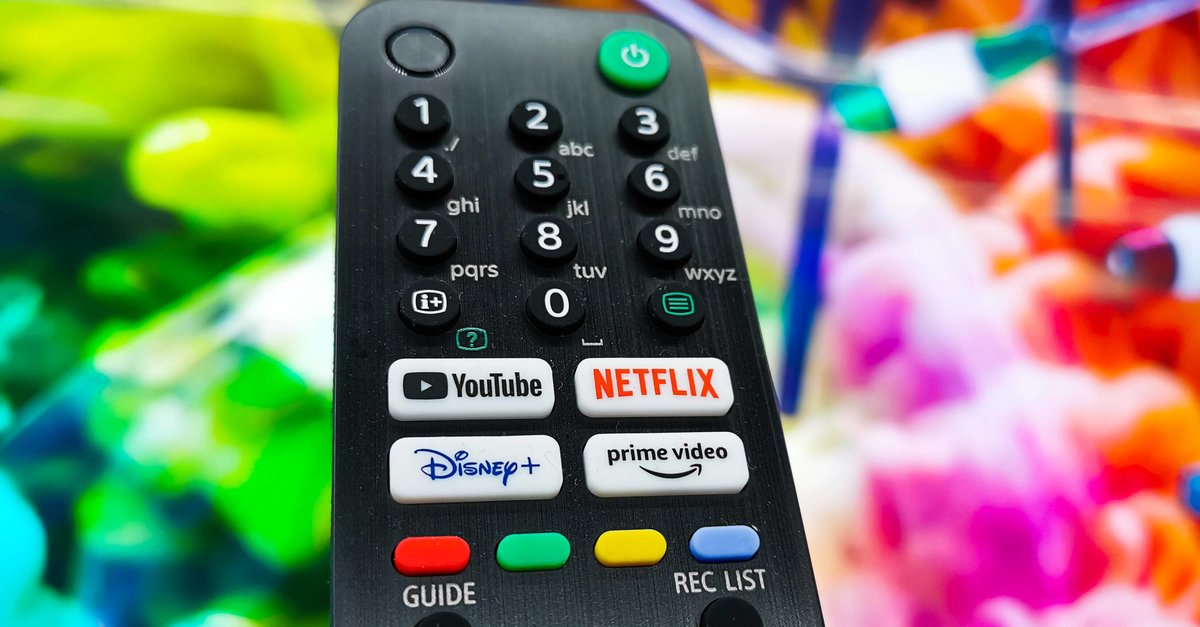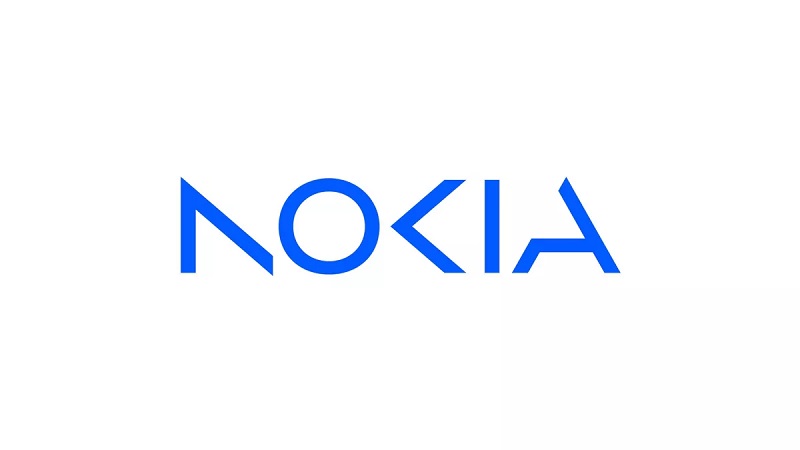The internet is in real trouble if Microsoft doesn’t change anything – t3n – digital pioneers
AI and search engines: This connection will change entire industries. Many new possibilities are simply great from the user’s point of view. However, there are also massive problems waiting – depending on which path Microsoft and Google choose.
It’s a trend that’s been going on for years: Big platforms like Facebook, Google and now Tiktok are trying to keep users on their sites for longer and longer. To do this, they present content created by other websites as comprehensively as possible in their offer, usually without paying anything for it. The integration of ChatGPT and Bard into Bing and Google respectively has the potential to increase this development massively and with drastic consequences.
Contents
- 1 Summary: This is how most websites make money
- 2 The worst case: Authors look into the tube
- 3 Footnotes don’t help the websites
- 4 Chatbot in Bing: Hey, let’s talk about it
- 5 No clicks, no readers, no sales, no content
- 6 Best Case: Finally more competition
- 7 We need to renegotiate what content is worth to us
Summary: This is how most websites make money
SEOs, journalists and industry experts are welcome to jump to the next subheading. For everyone else: The creation of online offers also costs money. Incidentally, this applies not only to publishing houses, but also to websites with cooking recipes, sheet music, football statistics and so on.
Anything that goes beyond a hobby or charity must at least finance itself. This works either via paying users or by placing advertisements on the website.
The advertising partners pay the website operators money when the advertising is played. To do this, the websites need users on their pages who spend as much time as possible there. So if you see a search result on Google that already answers all your questions directly on google.de, the website operator who provided the answer in the search gets nothing financially from it.
Incidentally, this is one of the reasons why headlines in online journalism often omit so much information. Clickbait is uncool and information gaps can be annoying, but if you get all the information directly in the Google News app and don’t actually call up an article when you swipe, it’s of no use to the publishers (ancillary copyright anyone?).
For years, Google has been constantly changing its search results in such a way that fewer and fewer clicks on sources or further pages are necessary. This improves the search experience, only the websites don’t get any of it.
Here is an example of how to delete your Instagram account from Google search. The principle can also be applied to more complex content:
The Google search already displays many results in such a way that further clicks are not necessary. (Screenshot: t3n/ Google)
Congratulations to Klarmobil: In this case, they are displayed by Google as the most relevant search result. However, the complete question is also answered in the snippet.
Do you still have to click on the website now? Not really. What follows (exaggeratedly formulated): No users on the website, no advertising revenue, articles written for free.
Things are looking better for Chip: the search result clearly signals that I can find all the information I need on the website, but I have to visit it at least once to be able to read everything.
But what happens when users no longer need to click on search results in the search engine or the sources of the results are no longer displayed (or only hidden)?
To do this, we first have to look at how Microsoft actually envisions its new Bing search. It is important that this is a test phase and the display of search results will never have reached its final status anyway. Nevertheless, clear tendencies can be seen here as to how Microsoft intends to deal with its sources.
Microsoft currently presents the ChatGPT preview in Bing like this:
This is what the preview of Bing looks like with the integrated chatbot (desktop version). (Screenshot: Bing/t3n)
On the left we see conventional search results, on the right the AI answer. Interesting: The sources for the individual recipes are linked. With this answer, the user knows what courses there might be, but not how to prepare them.
Under “learn more” we see possible sites with recipes that could now benefit from a click like in traditional search results. However, anyone who deals with search engine optimization knows how important it is to have your own site as large and prominently placed in the search window as possible.
The footnotes here are at least a reference and help to quickly verify information – this is very important, because the reliability of AI systems as a source of information currently leaves something to be desired – whether the footnotes of any website with regard to monetization or the development of a Regular readership but really help, may be doubted.
The devil is also in the detail: the suggested questions open a chat with the bot, and it is highly likely that the bot will spit out the complete recipes without having to leave Bing for a cooking website.
The user is not aware of the websites on which he regularly finds recipes that he likes, he just stays with Bing and chats with the bot. However, websites are dependent on convincing users over the long term.
The desktop view is also deceptive. Most people surf the web with their smartphones. And there search results and chatbot response are not on an equal footing, as in the desktop version.
In the mobile version, the conventional search results have completely disappeared from the first viewport (screenshot: Bing/t3n)
Rather, there is only the AI answer in the first viewport, and only when you scroll down do you get to the regular SERPs (search result pages). Bing encourages users to stay a little longer, no reason to leave: we can talk about anything here.
What does Microsoft get out of it? There is not exactly a small amount of advertising on Bing, so the advertising revenue is deducted from the authors and shifted to the search engine. And so it’s not far away from being able to buy a recommendation through the chatbot as a company.
What follows is the deliberately drastically formulated worst-case scenario, which will probably never occur 100 percent. But even a few percent less would have a massive impact.
Microsoft does not intend to compensate the creators of the content that the AI references in its responses. One puts links as a source. And it is no different with Google either: The Google search ensures more clicks and not fewer.
The first look at the Google search with Bard, however, speaks a different language:
Google Bard in action. Traditional search results are moved down. A source for the answer is missing, at least in this view. (Image: Google)
However, if the clicks via the search decrease massively because all questions are answered directly by the chatbot, websites can no longer monetize their content. They also don’t build a regular readership willing to support the site in any way.
As a result, they can only produce cheaper, less or no content at all. The AI, in turn, would now have worse sources at its disposal, the quality of the answers decreases and in the end the whole internet is in the bucket.
Of course it doesn’t have to be that way. Many websites are already less dependent on Google today because they have a regular readership that either generates advertising revenue with their clicks or pays for the content.
However, you would be faced with the question: Do I make my premium content available to the AI as a data basis or do I exclude it and risk not being named as a relevant source in the answers? Overall, such websites, which are often of higher quality, would probably be less affected by the AI search.
There are by no means only negative things: For users, the AI-based search will create a completely new and better experience in the long run. And from an economic point of view, too, it would be productive if Google faced serious competition from Bing and other search engines. As a reminder, the most searched term on Bing has been “Google” for a long time.
Together with the competition from social media apps like Tiktok, which are also increasingly acting as search engines, the balance of power in what is currently a very one-sided market could shift significantly. This could benefit the content in the long run: In truth, search engine optimization currently means optimization for Google.
Question for all SEOs: When was the last time you actually optimized a website for Bing? Exactly, neither do we.
The more precise AI-supported search could also help the pages that best serve the search intent. For example, comprehensive blog posts that answer multiple questions could perform better and be found more often for different search queries.
However, gigantic AI models like ChatGPT are so data and power hungry that they can currently be operated much more easily by the big players.
And even with a positive view of things, the crucial question remains how providers of AI services deal with the sources on which their models rely. AI content shifts user attention, time and money faster and more strongly from the creators of the content to the secondary exploitation of the platforms.
New strategies are needed for how content creators can capitalize on the AI revolution and growing platform profits. If the current path is pursued further, the Internet will have a real problem.


